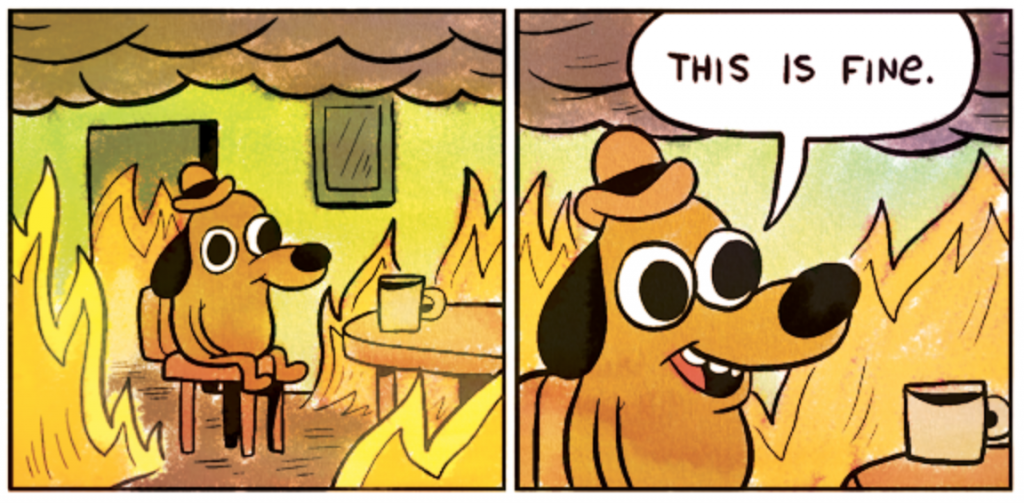New Blood

It's been about 8 months since my screed about things that were wrong with the Fortran ecosystem and standards committee. I got a lot of feedback from that post. It seems like a lot of people felt the same way. The funny thing is, it seems like some things are slowing beginning to change:
- A new GitHub repo was created for the community to work on proposals for the Fortran standard, to be discussed at committee meetings. This is unprecedented, and hopefully is just the beginning of putting the actual standard on GitHub for community inputs and editing.
- A new project: the Fortran standard library has begun to be developed on GitHub. This is for things that have been left out of the standard, and can be added to a library much quicker than the standard and compilers can be updated.
- A new website has appeared: fortran-lang.org as well as an associated project on GitHub. The goal of this is to be "the home" of Fortran on the internet. Something the two Fortran committee websites have never attempted to be. This site is community created (the contents are also on GitHub, so join us in helping to make it better).
These efforts are terrific, and serve as an online focus for the Fortran community, which up to this point has been mostly scattered and unorganized. The Fortran standards development process has hitherto been extremely opaque to the user community, so shining (still just a little bit of) light on that is good for everybody I think.
It has been clear for some time that some kind of change was needed in how the Fortran language is developed. In my view, the Fortran standards committee has failed spectacularity in the years since the release of Fortran 2003. Fortran 2003 was an amazing update to Fortran 95 that significantly expanded the utility of the language. Since then (for almost two decades) the focus has been on supercomputers and incremental improvements. The main pillar of Fortran language development seems to be to make absolutely sure that 50 year old spaghetti code still works without any modifications, even at the expense of correcting mistakes from decades ago that continually bedevil beginner Fortran programmers. In the meantime, Python (basically a scripting language used to wrap C/C++ libraries) has almost completely taken over scientific/technical computing, and amazing new languages have been created entirely from scratch (e.g., Chapel, Julia, Rust, Go, Swift) that all have made inroads into this field. All while the Fortran committee did very little to advance the language into new areas or make it more appealing to new programmers or people developing new libraries and codes. Fortran continues in some respects to hold its own on supercomputers and some massive legacy applications, but the writing is on the wall. The situation is dire, but I guess some of the committee seem to think nothing is wrong or they are in no hurry to do anything about Fortran's steady decline into irrelevance. According to a recent first-time attendee of the last committee meeting:
I spent last week at my first Fortran Standards Committee meeting. It was a pretty interesting experience. Everyone there was brilliant, and interested in trying to do a good job improving the language. And yet, it was still somehow very disfunctional.

So I was very pleased to learn that Ondřej Čertík (@ondrejcertik) is running for chairman of the ISO Fortran Committee. Ondřej has been one of the main people spearheading all these new efforts. He also is the one behind LFortran, which looks to be one of the most innovative Fortran compilers in recent memory (actually moving Fortran just a little bit toward the direction of dynamic languages like Python, which is absolutely critical for getting new users onboard). Ondřej has published a platform which is fantastic. He has my total support (whatever that's worth!)
So, we'll see where all this goes. Hopefully things are improving. I encourage all Fortran users to support these new efforts, contribute to these new projects, and help with the website. Fortran is still a terrific language for numerical/scientific/technical computing. Getting the user community organized, improving the ecosystem, and improving the language standards process are only going to make it better in the long run.
Fun fact: the "F" Fortran logo shown above is based on the cover of the original IBM Fortran programmer's reference manual from 1956. Using the "WhatTheFont" feature at MyFonts.com, I determined that the font was Clarendon, or something very close to it. I created this icon in Inkscape some time ago in the original ugly brown color (e.g., it's the favicon for this website). Milan Curcic (@realmilancurcic) changed it to a nice purple and started using it on the fortran-lang.org website. I cleaned it up a bit and now SVG and PNG versions can be found here. I guess we'll use it until somebody comes up with something better.
See also
- End of Life. August 3, 2019 [degenerateconic.com]
- With A Little Help From My Friends. March 4, 2020 [everythingfunctional.wordpress.com]
- US Fortran Standards Committee (INCITS PL22.3, formerly known as ANSI X3J3 and informally referred to as "J3")
- JTC1/SC22/WG5 The Home of Fortran Standards
- Open Source Directions Episode 40: Fortran, April 17, 2020 [YouTube]
- Doctor Fortran in "Forward!", April 26, 2020 [Doctor Fortran]